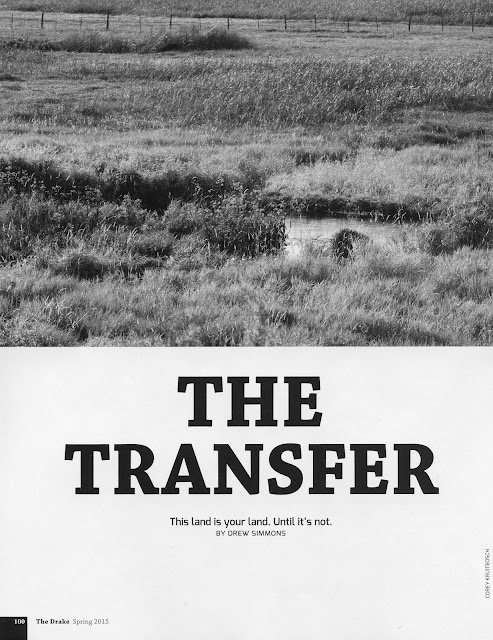Think globally, write locally
 My first newspaper job paid me $13,500. For a full year.
My first newspaper job paid me $13,500. For a full year.I was pretty psyched about it. But being 22 years old, I was also psyched about eating pancakes for dinner, potatoes for lunch, and stealing toilet paper from the newsroom stalls.
But let's face it. The pay sucked. I cranked out about 4000 words a week, 200,000 or so words a year, and (rounding up) racked up a sweet 7 cents a word. Not exactly a Fortune 500 career choice.
But ignorance was bliss. I didn't know that freelance writers even charged by the word. I didn't know that the food chain of freelance writers began by working with small regional rags (25 cents a word), matured into broader titles (a buck a word), and eventually honed in on national publications with the ability to pay some real dough (two bucks a word and up).
And I certainly didn't know that eventually I would be able to say with a straight face that I was overpaid.
As you might already know, newspapers in some parts of the United States are turning to a new source for their endless copy needs: glocalism.
One publisher in Pasadena is loudly bragging about his cost-saving move of laying off full-time US staff and tapping writers in India to cover town council meetings ... for as little as 1 cent a word. That's an annual salary of around $2000, in case you were wondering.
While the rest of the country is reaching across borders for everything from shrimp cocktail to chrome plated SUVs, it's tough to point a finger at the newspaper industry and ask them to just say no.
Unless, of course, you believe that news is different, that it's important, and that the line must be drawn there.
Unarguably, newspaper content has been mangled in recent years. The success of full-color, short-attention span news coverage has forced even the most holy of newsrooms to adapt. With arbitrary format regulations like "10 column inches or less" and "no jumps", newspapers have painted themselves into a corner with increasingly irrelevant coverage choices. Over the same time span, their profits have plunged.
Standing in 2008, for a "publisher" interested only in the bottom line, it's an easy choice to save a few bucks by switching bylines on their already crappy local news coverage. Who's going to notice? Who's going to care?
But journalism is different. It's an essential part of a community, whether you're in metro Denver or a tiny town in Vermont. Healthy newspapers help create healthy democracies. Without an engaged reporter and an editor breathing down his neck, you lose both conscience and context.
Take it another step, and it's not hard to imagine a day where the news won't be covered at all, or worse still ... that companies and governments will be asked to cover themselves.
Glocalism is a brilliant idea for creating content. Too bad it kills journalism along the way.


I'm not sure I'm grokking your terms here. A "glocal" journalist is a blogger who reports to the world on events in her own backyard?
ReplyDeleteBut the question remains, where is the business model that supports more than 1¢ per word?
You look back at the importance the small press had in our nation's history and you'd think blogging would be the most patriotic thing a person could do. Or are bloggers doomed to be, in Samuel Johnson's words, unpaid blockheads?